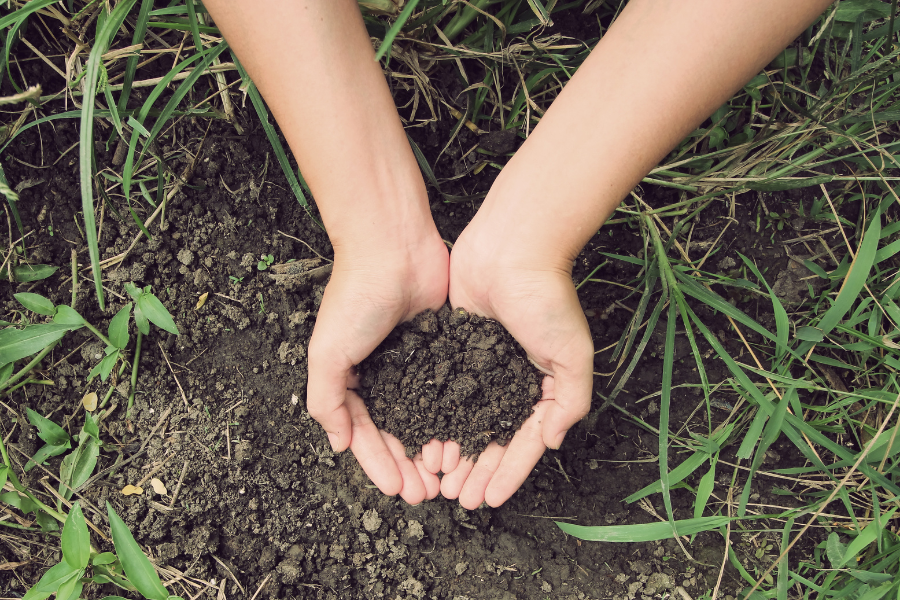
By Martin Ballard CEnv and Sarah Ridgeon MCIPR
What is World Soils Day and when does it take place?
World Soils Day takes place every year on 5th December, since it began in 2014. The day is organized by the Food and Agriculture Organisation of the United Nations (FAO) and each year has a different focus. This year’s theme is “Soils: Where food begins”.
Why is it so important?
World Soils Day is a chance to mobilize international action to combat the crisis of soil degradation and the threat this poses to biodiversity, our food supply and climate.
As noted by the UN, the day aims to “raise awareness of the importance of maintaining healthy ecosystems and human well-being by addressing the growing challenges in soil management, increasing soil awareness and encouraging societies to improve soil health.”
This World Soils Day is perhaps especially important as it takes place just before the UN Biodiversity Conference – COP15 – begins in Canada. World Soils Day is therefore a vital opportunity to raise awareness ahead of COP15. We are calling for soils to be at the centre of discussions around tackling the biodiversity crisis and the interlinked climate emergency.

How are SocEnv working to protect soils?
In Spring 2021, SocEnv published our hugely well-received Soils and Stones report led by Chartered Environmentalists. A wide range of sectors were represented, including construction, resource management, forestry, engineering, and agricultural/land management. Freely accessible via our website, the report rectified the glaring need for a joined-up study on the use of soils and stones across sectors.
Since then, we have been working to deliver on the key recommendations of the report. Particular focus is on training across soils/stones disciplines, best practice, harmonised regulation and commercial mechanisms for compliant reuse and support soil health improvements.
What does this mean in practice?
Amongst the report’s headline recommendations was the need for an overarching Soils and Stones framework against which existing legislation and regulation can be reviewed and improved. Work to progress this action has resulted in “The Ten Principles of Good Soils and Stones Management”, a document which seeks to provide a clear, straightforward outline of how to use and re-use soils and stones.
The ten principles give soils a quantifiable value that will:
- Preserve, protect, remediate, and enhance natural soils as a living system.
- Present a hierarchy of options for excavated soils, stones and dredgings.
- Make soil a material consideration in all land-use and development projects.

Who will the Ten Principles help?
In providing soils and stones with a quantifiable value, the Principles will be of use to legislators, land managers, developers, consultants, and soils practitioners. They will also benefit those working in agriculture, forestry, leisure, construction, remediation, waste management, aggregate and landscaping industry sectors.
It is aimed that these Principles will be embedded into all Government policies and mobilise the expertise of environmental professionals working across disciplines.
The Principles are currently being consulted upon before they are published in early 2023.
Get Involved
If you would like to receive a draft copy of the Principles and provide feedback, please do get in touch.
We are also always looking for volunteers – ideally Chartered Environmentalists – to join our task groups of cross-sector professionals. You can be involved in working to ensure soils and stones are recognised as hugely valuable resources. Our task groups are focused on: Resource framework (materials reuse), Regulation and Governance, Standards and Training, and R&D (including non-soil alternatives).
 Soils and Stones | SocEnv Report
Soils and Stones | SocEnv Report
